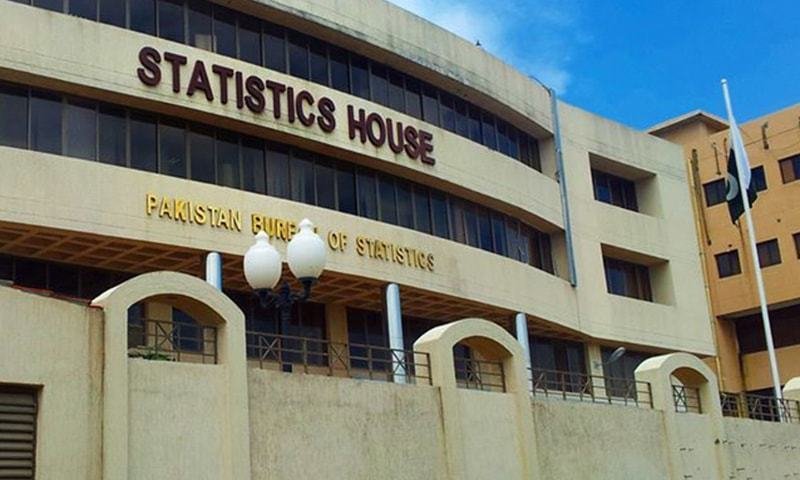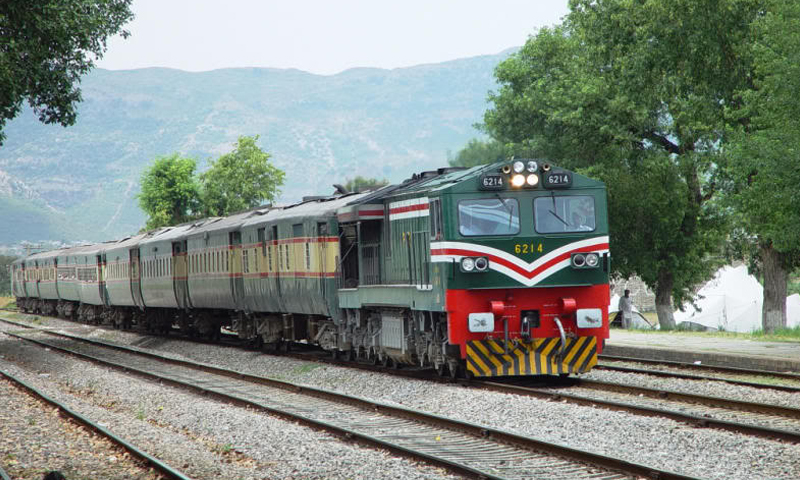In a developing country like Pakistan, the timely, authentic, and reliable provision of statistical data forms the foundation for policy-making, planning, and research. The Pakistan Bureau of Statistics (PBS) is the nation’s central institution responsible for collecting, compiling, and disseminating crucial information related to various economic and social sectors, catering to both governmental and non-governmental stakeholders.
Since the country’s inception, this institution has evolved through multiple phases, reaching its current structure in 2011 with the integration of population census, agricultural census, and statistical research divisions. The primary responsibilities of PBS include gathering and analyzing data on employment, prices, population, agriculture, health, education, culture, and other key sectors. These data sets enable the government to formulate development plans, allocate budgets, and craft effective policy reforms.
However, over time, questions have arisen regarding the Bureau’s performance, transparency, and the quality of its information. If the PBS is not strengthened and aligned with modern requirements, the country’s policy-making process will become ineffective and questionable. There is an urgent need to grant the institution full autonomy, adopt advanced tools and methodologies, provide comprehensive staff training, and adhere to international standards of data quality.
Ultimately, enhancing the Pakistan Bureau of Statistics is not just an administrative necessity, but a vital prerequisite for economic progress and sound policy-making in Pakistan. Only a robust, transparent, and autonomous statistical institution can guide the nation towards evidence-based decision-making and sustainable development.















